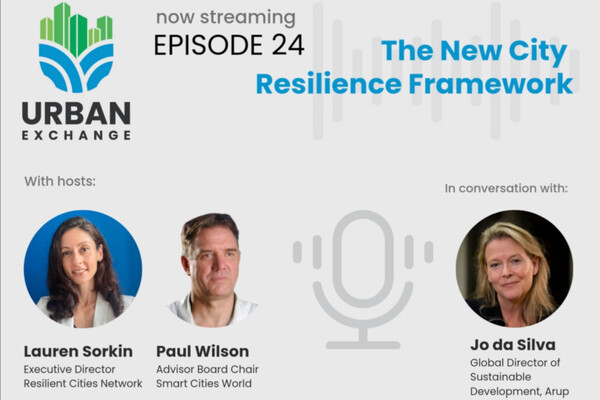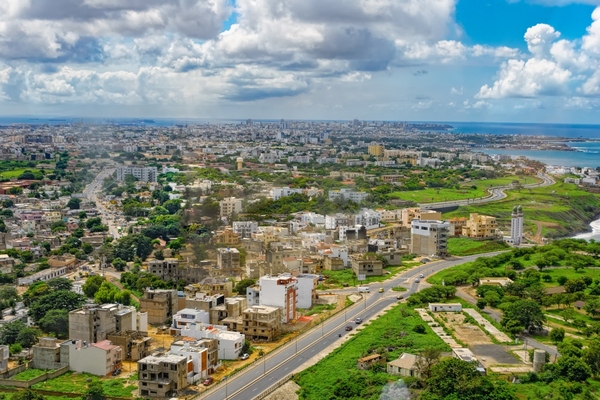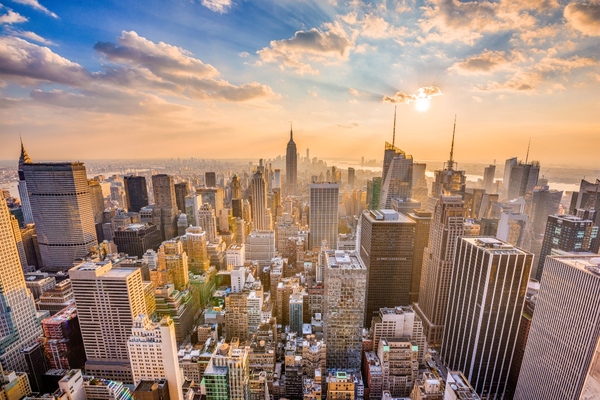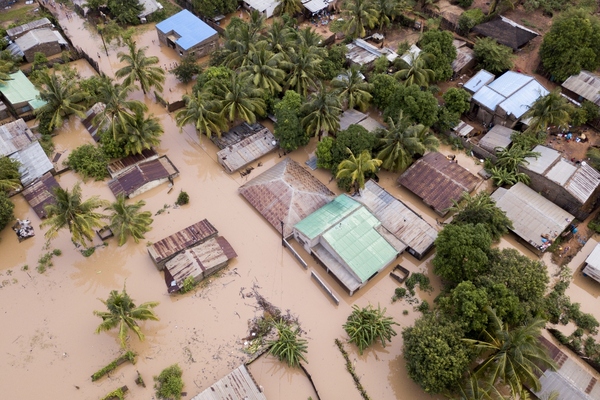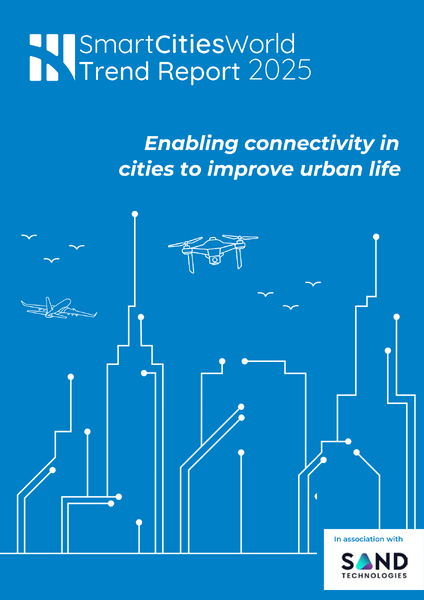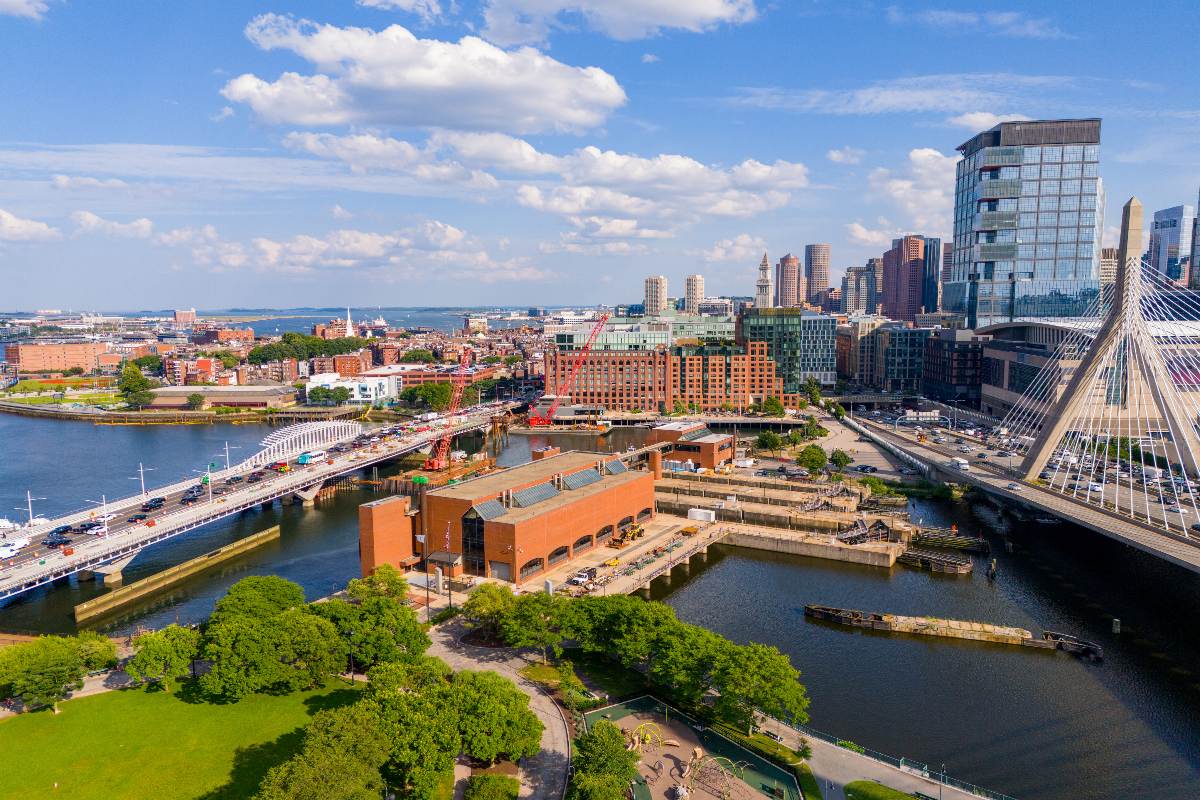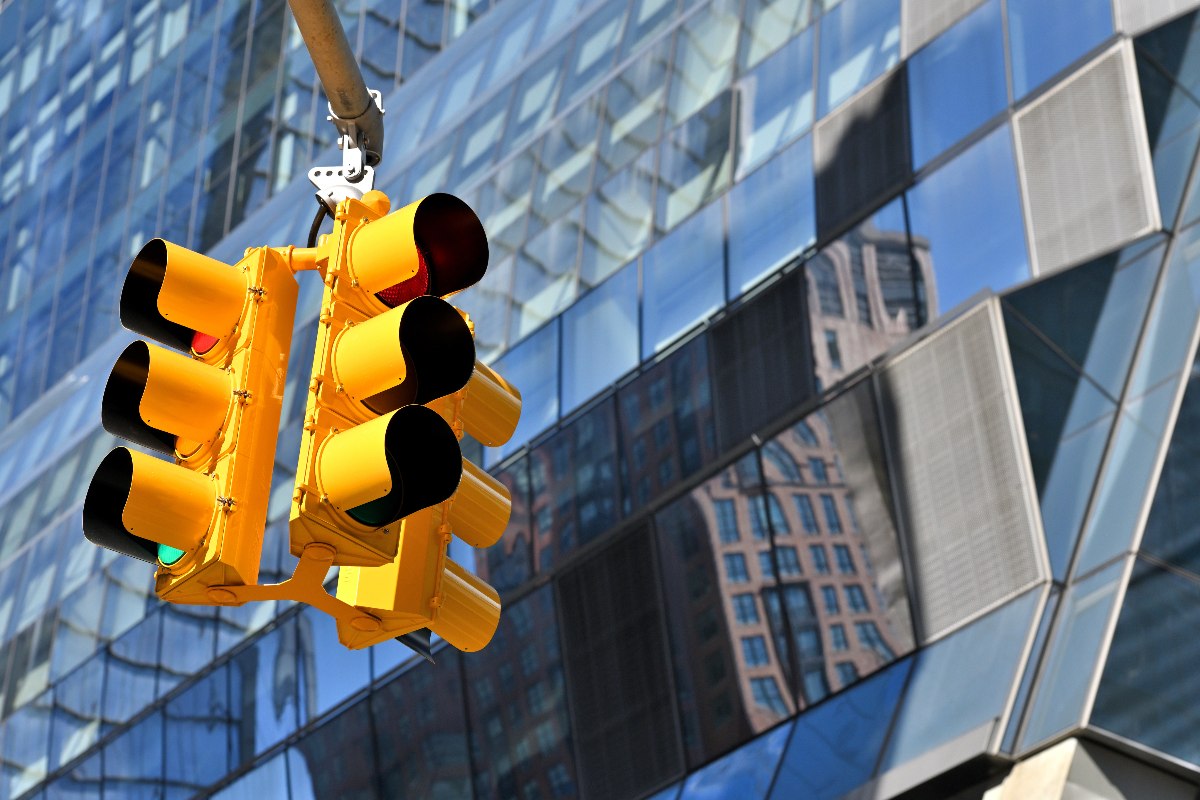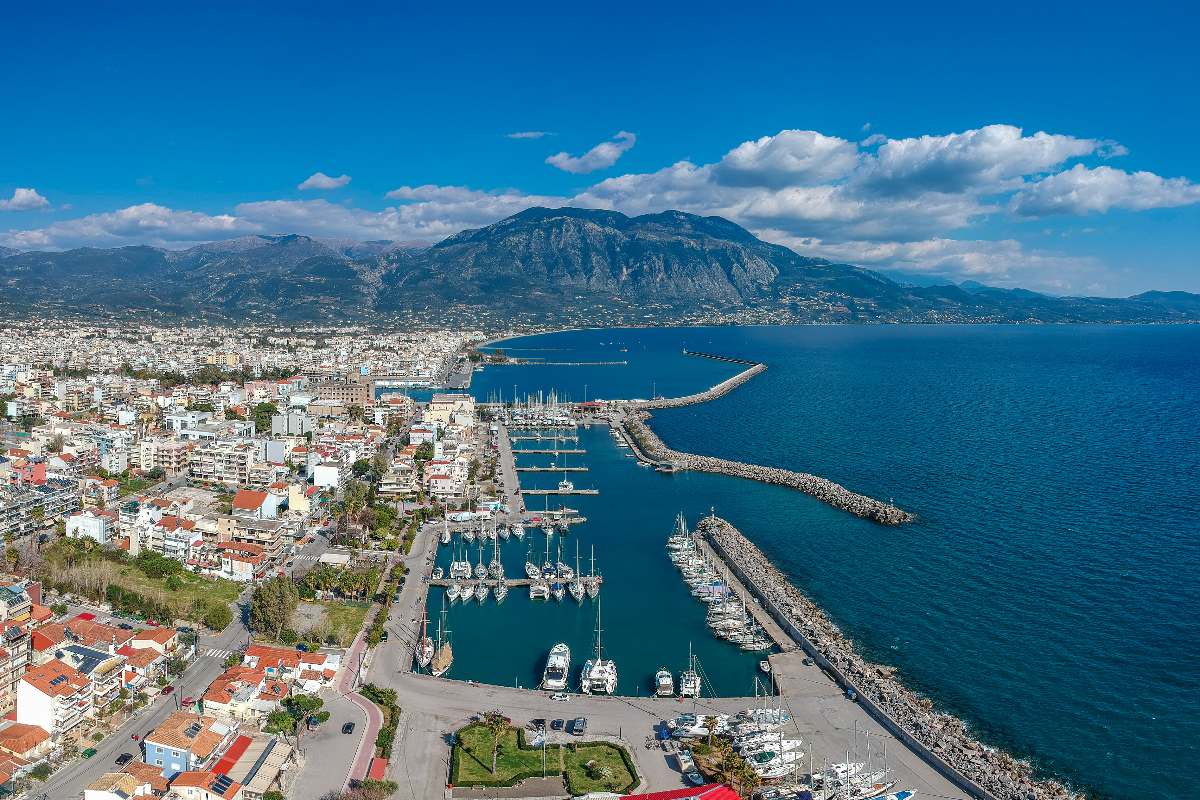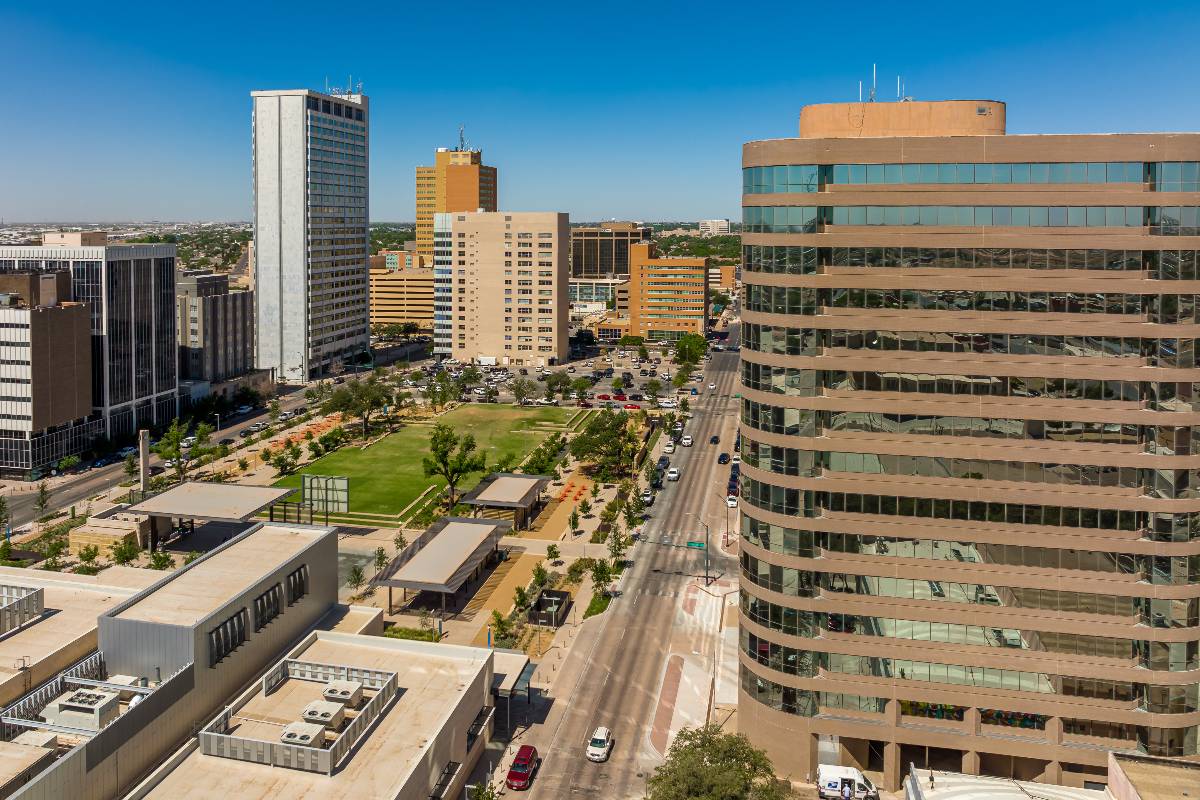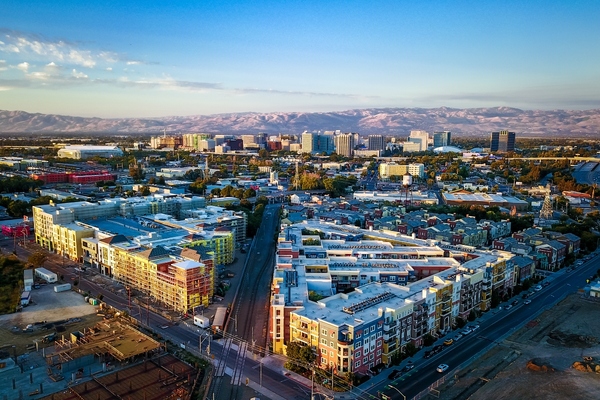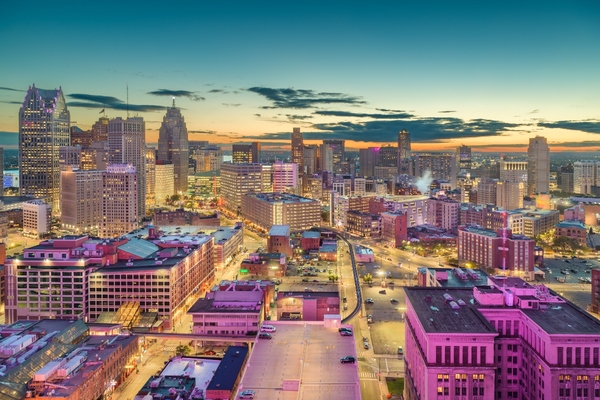Special Reports
SusHi Tech Tokyo 2024: experience ‘Tokyo 2050’ todaySponsored by The SusHi Tech Tokyo 2024 Showcase Program Executive Committee
African cities commit to improving air quality
The cities have signed the C40 Clean Air Cities Declaration to address air pollution, which has become the second-largest cause of death on the African continent.
Ten major African cities have committed to the C40 Clean Air Cities Declaration to improve air quality.
Abidjan, Accra, Addis Ababa, Dakar, Ekurhuleni, Freetown, Johannesburg, Lagos, Nairobi and Tshwane will join 38 cities, including fellow African city Durban, by signing the declaration and working towards safer air quality that meets World Health Organisation air quality guidelines.
The announcement was made at an event organised by C40 during the 9th Africities Summit in Kisumu, Kenya. At the event, C40 launched the African Cities for Clean Air Programme to support African cities as they work to improve air quality and public health.
Air pollution
Air pollution has become the second-largest cause of death on the African continent, due in part to rapid urbanisation and industrialisation. Approximately 1.1 million deaths per year have been linked to air pollution across Africa, according to a Global Burden of Disease study.
Approximately 59 million people across the ten African cities stand to benefit from cleaner air and improved health through commitments that could prevent as many as 10,000 early deaths linked to air pollution exposure, as well as more than 300,000 hospitalisations, resulting in US$ 9.4bn in annual savings from averted deaths and hospitalisations.
“With Cop27 being held in Africa later this year, I am delighted to welcome 10 new African signatories to the C40 Clean Air Cities Declaration,” said Sadiq Khan, chair of C40 Cities and mayor of London. “As chair, I am determined to do more to support cities in the global south, who are on the frontline facing the worst consequences of climate change.
“This is why I am focusing C40’s resources on helping cities around the world accelerate their efforts to tackle the climate emergency, reduce toxic air pollution and address inequalities. The world is at a crossroads, we must all play our part in helping cities around the world become greener, fairer and more prosperous for all.”
The C40 Clean Air Cities Declaration sets a framework for cities around the world to improve air quality. Within two years, signatories to the declaration will establish baseline levels and set ambitious reduction targets for air pollutants that meet or exceed national commitments. These targets will put the cities on a path towards meeting WHO air quality guidelines for particulate matter, nitrogen dioxide, ozone and sulphur dioxide.
By signing this declaration, C40 cities continue to take bold climate action, despite the many challenges faced in recent times, with the global pandemic, economic disruption, climate-related natural disasters and in many cases strained financial resources.
C40’s new African Cities for Clean Air Programme will help cities to achieve these commitments through capacity building, regionally focused peer-to-peer knowledge sharing, and collaboration centred on air quality best practices.
There are more details of city’s plans at C40 Clean Air Cities Declaration. Measures to be taken include monitoring air quality, reducing pollution, introducing e-mobility strategies, improving mass transit and expanding household electrification.
Abidjan, for example, will expand air quality monitoring capabilities and aims to achieve a 50 per cent reduction in air pollutant emissions by 2035. The city will consider traffic restrictions for certain types of vehicles. Governor Robert Mambe of Abidjan, said: “Breathe healthy and be healthy. To give our citizens this opportunity, we have committed to the C40 Clean Air Cities Declaration and aim to initiate bold actions to fight air pollution by strengthening our efforts on air quality monitoring and contributing to the development of low-carbon urban transportation and promoting soft mobility modes.”
Dakar plans to introduce an electric bus rapid transit and regional express train systems, create 18 kilometres of new bike lanes and close dump sites by 2024. “The air we breathe today determines our health and the sustainability of our city,” said Dakar’s mayor Barthelemy Toye Dias. “Together, let’s act with ambitious and high impact measures to ensure the energy transition, reduce greenhouse gas emissions and improve air quality, which is a right for every citizen.”
Meanwhile, Freetown will develop a mass transit cable car network which will reduce peak traffic volumes and congestion by up to 30 per cent, support residents to transition to gas- and electricity-powered clean and affordable cooking solutions, and create low emission zones. “We are definitely dedicated to improving and sustaining the management of critical air quality data,” said Yvonne Aki-Sawyerr, mayor of Freetown.
“This commitment towards city-wide clean air will form a vital component in achieving our vision of making our municipality the most liveable and sustainable city.”






